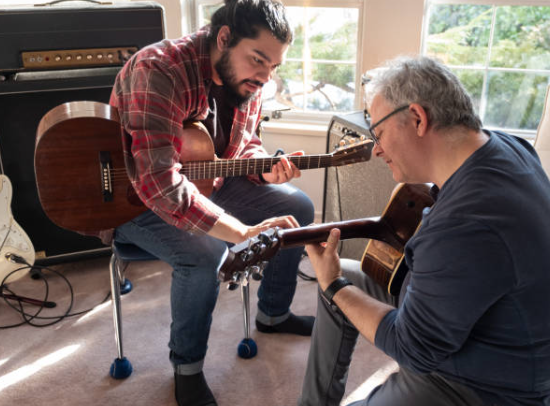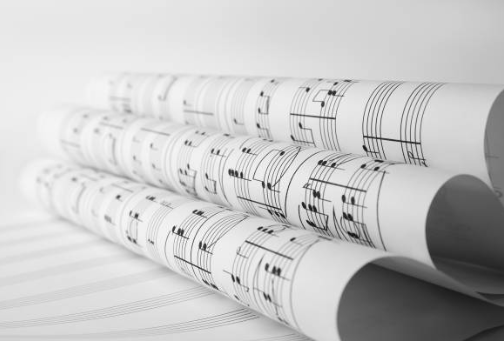What is the Best Music School in Queens?
Queens offers multiple options for those looking to take up music lessons. But with so many schools offering a wide range of learning experiences, how can you know which Music School in Queens is best for you? What makes a Music School The Best? 1. Teacher Quality and Experience Ideally, you want to search for…







